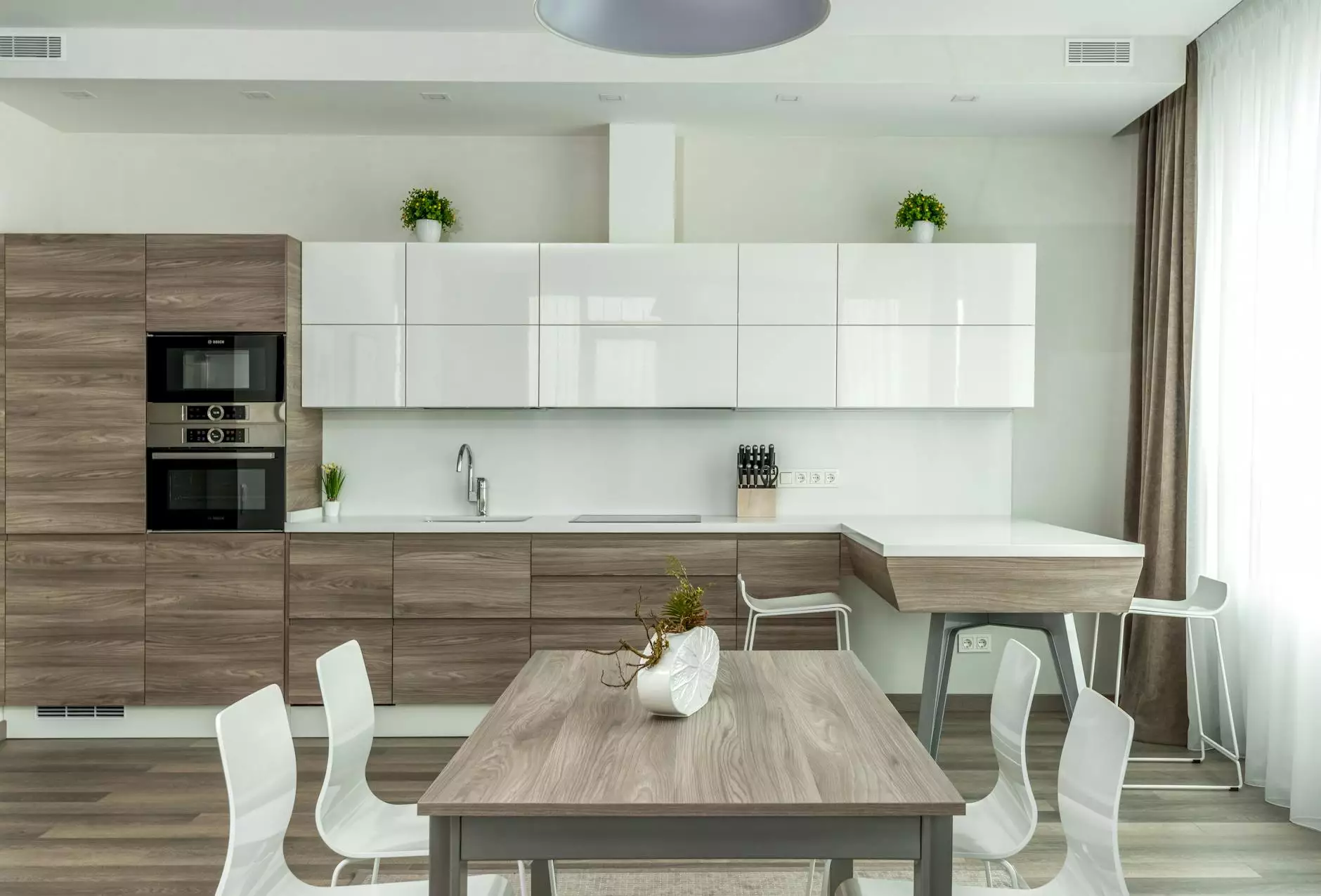Understanding the Various Types of Kitchen Worktops

One of the most critical decisions in any kitchen makeover or renovation is selecting the right worktop. The types of kitchen worktops you choose can significantly impact the overall aesthetics, functionality, and durability of your kitchen space. With a plethora of materials available, including granite, quartz, wood, and more, it’s essential to understand what each type offers. This guide aims to provide a comprehensive overview of the various kitchen worktop materials, allowing homeowners to make informed choices tailored to their lifestyle and preferences.
1. Granite Worktops: Timeless Elegance and Durability
Granite worktops are renowned for their beauty and durability. As a natural stone, each granite slab has a unique pattern, ensuring that your kitchen stands out.
- Pros:
- High durability and scratch resistance.
- Heat resistant, making them ideal for cooking.
- Comes in a wide variety of colors and patterns.
- Cons:
- Requires periodic sealing to prevent stains.
- Can be expensive due to the cost of material and installation.
- Heavy, which may require additional support during installation.
2. Quartz Worktops: Engineered Beauty and Low Maintenance
Quartz worktops are an engineered product, composed of about 90% crushed natural quartz crystals combined with resins and pigments. This manufacturing process allows for a vast range of colors and patterns, all while ensuring exceptional durability.
- Pros:
- Non-porous surface, making it resistant to stains and easy to clean.
- Available in a wide range of colors and styles.
- No sealing required, low maintenance.
- Cons:
- Not as heat resistant as granite, potentially leading to damage if hot pots are placed directly on the surface.
- Can be more expensive than other alternatives.
3. Laminate Worktops: Affordable and Versatile
Laminate worktops are a practical option for those on a budget. Made from layers of resin and paper bonded to particleboard, they come in countless designs and colors.
- Pros:
- Cost-effective, making them ideal for budget renovations.
- Easy to install and replace.
- Available in various finishes, including wood and stone effects.
- Cons:
- Less durable than natural stone or quartz; can scratch and chip easily.
- Not heat resistant; hot cookware can damage the surface.
4. Solid Surface Worktops: Seamless and Customizable
Solid surface worktops, like Corian, are made from acrylic and polyester. These worktops are customizable in terms of shape and color and are known for their seamless appearance.
- Pros:
- Seamless construction makes for easy cleaning.
- Can be repaired easily if scratched or damaged.
- Wide variety of colors and designs available.
- Cons:
- Not as heat resistant as other materials.
- Can be more expensive than laminate and require professional installation.
5. Wood Worktops: Natural and Warm
Wood worktops bring a natural warmth and beauty to any kitchen. They are available in various types, such as oak, maple, and walnut.
- Pros:
- Unique and attractive appearance, adding warmth to the kitchen.
- Soft surface is gentle on knives and easy to work on.
- Cons:
- Requires regular oiling to maintain its appearance and prevent water damage.
- More susceptible to scratching and denting than stone surfaces.
6. Concrete Worktops: Modern and Industrial
Concrete worktops offer an industrial vibe and are customizable in size and shape. While heavy and requiring proper support, these worktops can provide a distinctive look.
- Pros:
- Highly durable and heat resistant.
- Can be formed to any shape or size, offering customization.
- Unique aesthetic, contributing to a modern or industrial theme.
- Cons:
- Can be prone to staining if not sealed properly.
- May require professional installation due to weight and complexity.
7. Stainless Steel Worktops: Professional and Practical
Stainless steel worktops are often found in commercial kitchens but are gaining popularity in residential settings for their sleek and modern look.
- Pros:
- Extremely durable and resistant to heat, stains, and bacteria.
- Easy to clean and hygienic, ideal for food preparation.
- Modern aesthetic that complements contemporary kitchen designs.
- Cons:
- Can scratch easily, leading to a less pristine appearance over time.
- Can be pricey compared to other materials.
Conclusion: Choosing the Right Worktop for Your Kitchen
When considering a kitchen renewal or makeover, understanding the types of kitchen worktops available is crucial for making a decision that meets your aesthetic preferences, lifestyle needs, and budget. Each material has distinct advantages and drawbacks, so weighing these factors will ensure a satisfactory choice. Whether you gravitate towards the timeless look of granite or the modern appeal of stainless steel, the right worktop can elevate your kitchen experience and add significant value to your home.
To explore further or get expert advice on selecting the perfect worktop for your kitchen, feel free to contact us at kitchenmakeovers.co.uk.



